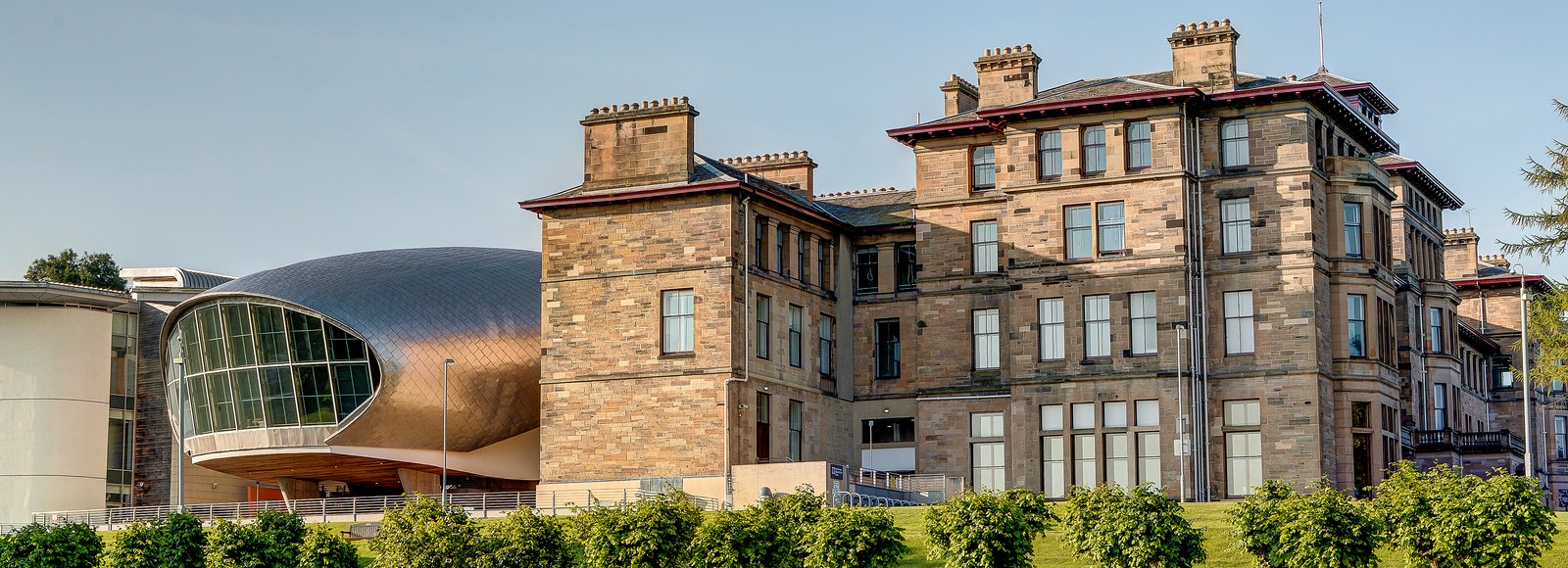- ...
Postgraduate Studentships - Search for funding opportunities.
Our course is unique in Europe; it combines biomedicine and pharmaceutical science.
If you're interested in a career in the fascinating and challenging world of drug design, this is the course that will take you there.
Rather than presenting just one of the disciplines used in the field, this postgraduate degree, unique in Europe, blends the subjects you need - biomedicine and pharmaceutical science - into one comprehensive course that focuses on the integration of modern organomedicinal chemistry and molecular biology.
You’ll study various steps involved in developing and creating effective drugs, from concept to clinic, including the theories and practical applications of chemical drug design and immunology, pharmacology and molecular biology.
Learning will be based on emergent technology from academic research and how it is applied to the drug development process, identification of drug targets, and development of effective drugs via reference to the relevant biological systems and pathways.
Our MSc in Drug Design & Biomedical Science has a 92% overall student satisfaction score (PTES,2023).
Typical entry points to this course are in January and September. Please enquire for more information.
The entry requirement for this course is a Bachelor (Honours) Degree at a 2:2 or above, or equivalent.
We look for applicants to have a background in bio-molecular sciences such as biological sciences, biotechnology, biomedical sciences, chemistry, pharmacology, pharmaceutical or medicinal chemistry, biochemistry, immunology, genetics, virology, molecular biology, forensic science in order to be eligible for the programme.
We may also consider lesser qualifications if you have sufficient relevant work experience.
The University does not sponsor students to study on part-time programmes in the UK under the Student Visa route. International Applicants must therefore have other valid immigration leave to study on this programme.
This course has academic entry requirements which are assessed alongside relevant work experience. Full details of any relevant work experience, including references should be submitted with your application and may be considered for entry where the minimum academic entry requirements are below those required.
Usually, unrelated work experience is not considered sufficient for entry without meeting the minimum academic entry requirements. Please contact us with your specific circumstances by submitting an enquiry form above and we will be happy to discuss your options.
If you want to get more information on the admission process, please get in touch with the postgraduate admissions team by submitting an enquiry form above.
For fees and funding options, please visit website to find out more
Please see our website for funding opportunities
This course provides the knowledge, understanding and practical experience you’ll need to forge a rewarding career in research and development in the pharmaceutical, bioscience or healthcare sectors. You’ll develop in-depth understanding of disease processes and molecular targets and an ability to apply this knowledge and theory to key aspects of drug design and biomedical science.
Equipped with the ability to follow developments in the field, you’ll learn to apply them to your work and make innovative contributions to the industry that will benefit others. Complex issues often arise in this field: you’ll acquire the skills necessary to make informed judgements and effectively communicate decisions.
There is an emphasis on developing your practical laboratory skills with various opportunities for hands-on experience in a range of current techniques and practices. In your final trimester you’ll undertake an independent project within a vibrant biomedical or drug design research team, allowing you to apply and further develop your technical, research and professional skills. There may be the opportunity to conduct your research project externally in a relevant organisation or industry in the UK or overseas.
You’ll also develop key skills including communication, problem solving, team work, project management, and leadership.
This is a part-time course starting in September or January with flexibility in the number of taught modules taken in each trimester. The project may be carried out over one or two trimesters. The course can take 2-4 years to complete, depending on your other commitments and availability.
You’ll learn through interactive lectures, workshops, tutorials, site visits and laboratory sessions, and by engaging with guided independent study. Site visits and/or guest lectures may also be arranged to enrich your learning experience. A variety of assessment tools are used to enhance and evaluate your learning.
Your assessments are mapped out across your programme and include formative work to help practice your skills, as well as summative work which will build on this preparatory work. These are carefully spaced out across each trimester to avoid clashes and include many different types of assessment such as essays, lab reports, posters, oral presentations, short discussions, class tests and exams.
Some of these assessments involve group-work, whilst others are individual.
For example: In the Advanced Immunology module, you will undertake a group poster assessment, and a class test. In the Current Practice in Drug Development module, you will undertake a critical review and an exam.
The MSc Drug Design & Biomedical Science programme is delivered at our landmark Sighthill Campus where students learn in state of the art laboratories equipped with, for example, industry standard HPLC and GC/MS instrumentation; cell tissue culture hoods; confocal microscopy and flow cytometry equipment, to ensure we meet the needs of students entering employment and research roles in the biomedical, healthcare and pharmaceutical sectors.

Whether you want to move up in your career, or onto a new one, our innovative, industry-focused postgraduate courses can give you the skills you need ...